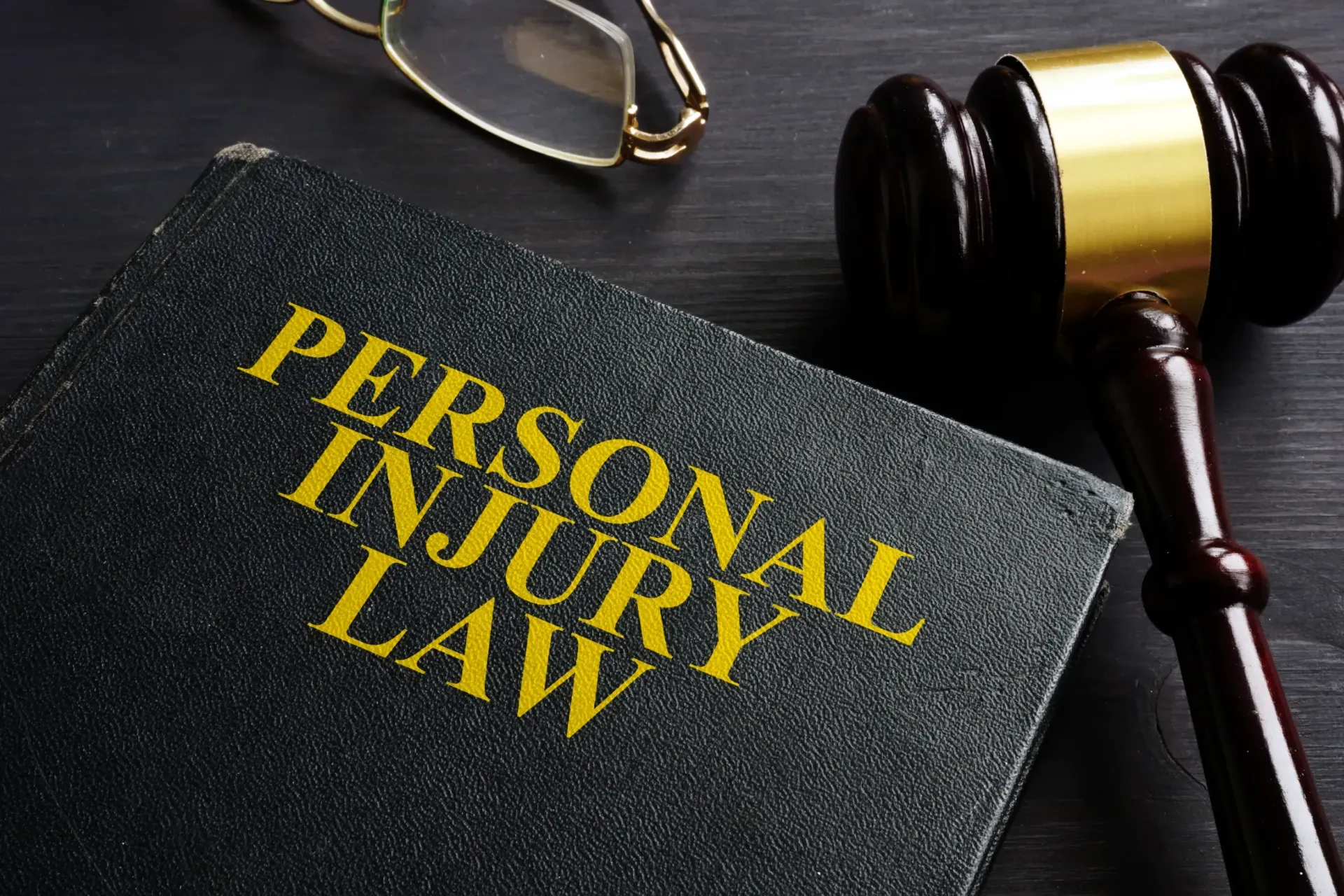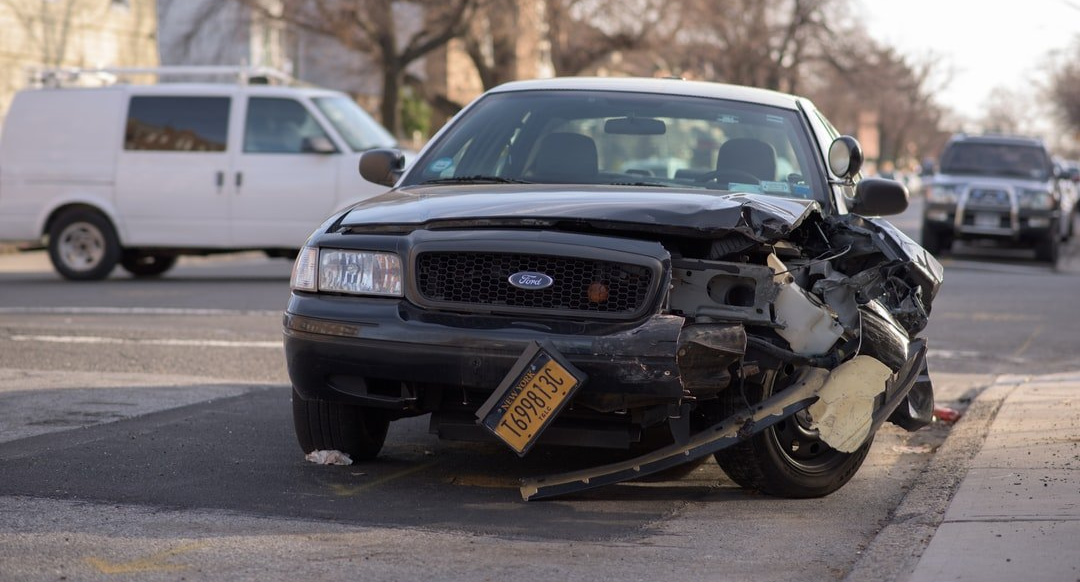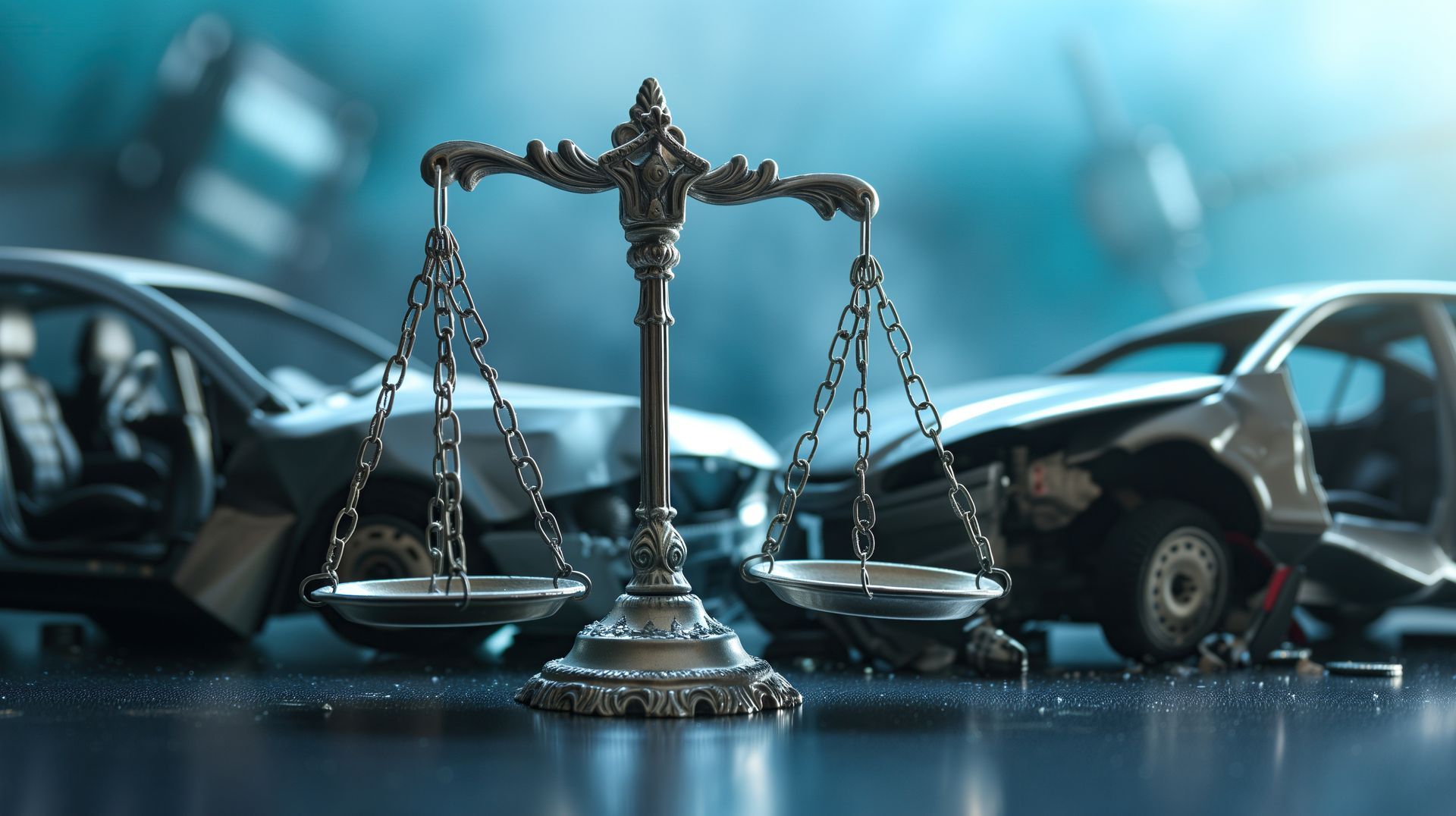5 Critical Differences Between Regular Car Accident and a Rideshare Accident in Houston
In the city of Houston, where rideshare services have become integral to urban mobility, understanding the differences between regular car accidents and rideshare accidents is crucial. As convenient as these services are, they introduce unique legal challenges when accidents occur. For Texans who find themselves entangled in a rideshare accident, knowing how rideshare accident claims differ from traditional car accident claims can be important. We want to highlight some differences so the next steps can be handled confidently.
Insurance Coverage Complexities
One of the most significant differences between regular car accidents and rideshare accidents lies in insurance coverage complexities. In a typical car accident involving two private vehicles, each driver's personal auto insurance policy usually covers damages up to their policy limits. When a rideshare vehicle is involved, multiple insurance policies may come into play depending on the status of the driver at the time of the accident (i.e., whether they were waiting for a ride request, en route to pick up passengers, or transporting them). Rideshare companies like Uber and Lyft provide contingent liability coverage that supplements or replaces a driver's personal insurance under certain conditions. Understanding these layers is vital for victims seeking compensation.
Determining Liability
Liability determination becomes more complex with rideshare accidents compared to regular car crashes. While traditional vehicle collisions typically involve assessing fault between drivers based on traffic laws and eyewitness accounts, rideshare incidents often require additional scrutiny due to corporate involvement. The responsibility might not solely rest on the driver but could extend to potential negligence by the company itself regarding driver screening or vehicle maintenance protocols. Investigating liability thoroughly with legal knowledge can significantly impact case outcomes.
Legal Procedures and Documentation
Navigating legal procedures after a rideshare accident requires meticulous documentation that surpasses what is generally needed for standard car accidents. Victims must promptly obtain detailed records such as digital ride receipts and app usage data alongside conventional evidence like police reports and medical records. This information helps establish timelines and verify claims about whether a driver was actively engaged with their app during an incident—an aspect critical for pursuing appropriate compensation from corporate insurers.
Challenges in Claim Resolution
Claim resolution tends to be more challenging in rideshare accidents due to potential disputes over overlapping coverages among involved parties' insurances (driver's personal insurer vs company-provided coverage) coupled with possible delays inherent within large corporations handling numerous claims simultaneously across various jurisdictions including our busy road network. Engaging a seasoned attorney familiar with both local regulations and national precedents concerning shared-economy transportation litigation can expedite resolutions while ensuring fair settlements reflective of all incurred losses ranging from medical expenses through lost wages to property damages.
Role of Technology in Evidence Collection
Technology plays an increasingly pivotal role when dealing with rideshare related collision cases versus ordinary vehicular mishaps primarily due to its ability to offer verifiable real-time data essential corroborating witness testimonies establishing sequences leading up to events surrounding any given crash scenario. From GPS tracking logs detailing exact locations and times involved parties met impacted areas right down potential accelerometer readings indicating sudden stop-starts, technological inputs bolster arguments substantiate victim narratives which enhances overall credibility before insurers and courts.
While the rise of rideshare services like Uber and Lyft has transformed urban transportation in cities like Houston, it has also introduced complexities in the event of accidents. Regular car accidents and rideshare accidents differ significantly in terms of insurance coverage, liability determination, and the legal processes involved in seeking compensation. Understanding these differences is crucial for those affected by rideshare accidents. By being aware of the unique challenges these cases present and engaging experienced legal assistance, victims can navigate the complexities and ensure they receive fair and adequate compensation. As technology continues to enhance evidence collection, staying informed about the evolving landscape of accident claims in the rideshare sector is more important than ever.













